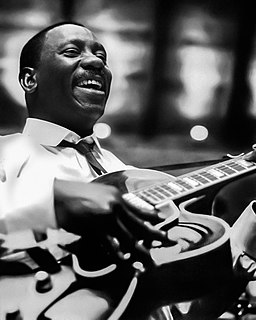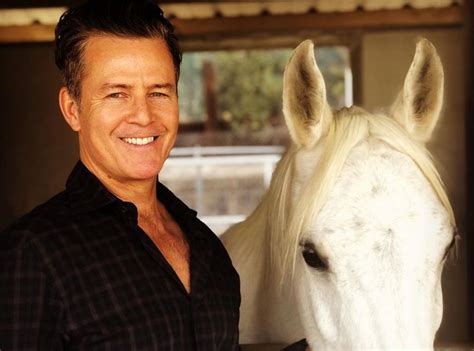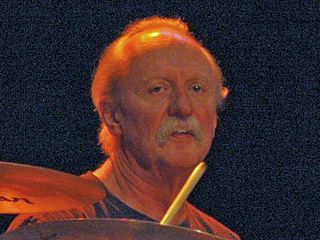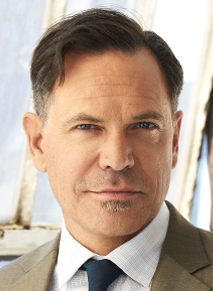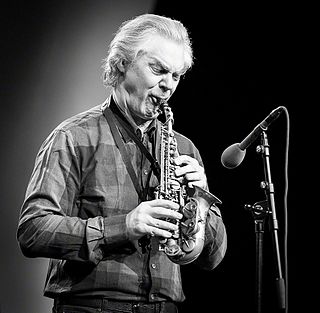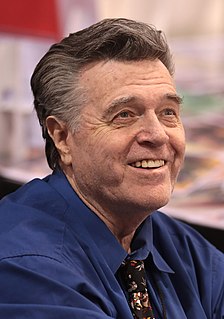A Quote by Patrick deWitt
When you're 8 years old, and you've become subconsciously familiar with the layout and design of Black Sparrow books, and you know the difference between Miles Davis and John Coltrane, something is bound to stick.
Related Quotes
You know, John Coltrane has been sort of a god to me. Seems like, in a way, he didn't get the inspiration out of other musicians. He had it. When you hear a cat do a thing like that, you got to go along with him. I think I heard Coltrane before I really got close to Miles [Davis]. Miles had a tricky way of playing his horn that I didn't understand as much as I did Coltrane. I really didn't understand what Coltrane was doing, but it was so exciting the thing that he was doing.
I got a chance to work with Miles Davis, and that changed everything for me, 'cause Miles really encouraged all his musicians to reach beyond what they know, go into unknown territory and explore. It's made a difference to me and the decisions that I've made over the years about how to approach a project in this music.

